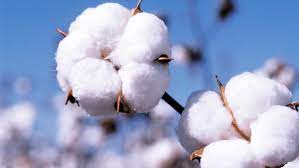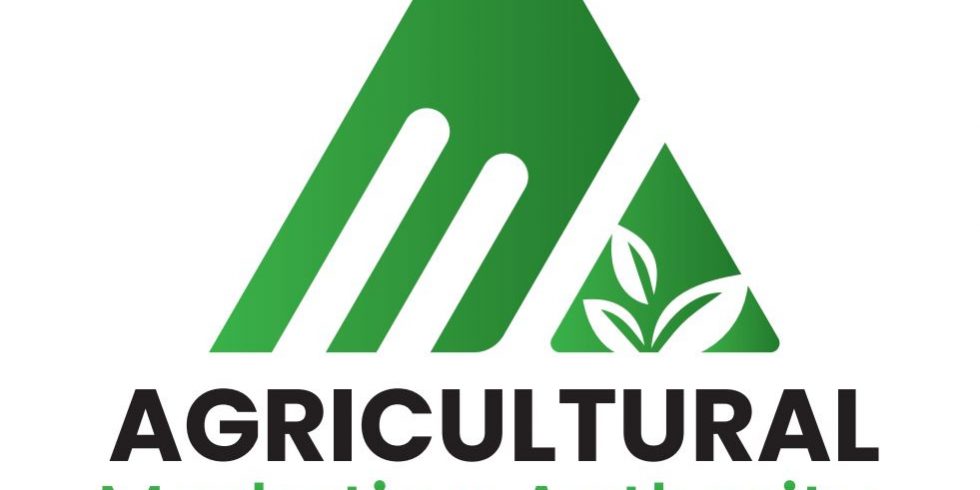
By Tapiwa Mutonda
Last week, the 2023/24 cotton marketing season was officially opened. The season will last for one month.
The season comes against a backdrop of the El Nino-induced droughts that led to reduced cotton yields and quality. As expected, the season will be one month long.
The cropping season has been challenging, characterised by a late and false start of the rains, followed by prolonged dry spells. Even though cotton is regarded as a drought-tolerant crop, the value chain is feeling the pinch of erratic rains experienced this summer cropping season. This adversely affected the expected total production as well as cotton quality.
Drought has a significant impact on cotton production in Zimbabwe, affecting various aspects from crop growth to the overall economy.
Drought leads to water stress, which directly impacts the growth and development of cotton plants. Insufficient water supply during critical growth stages, such as flowering and boll formation, can result in reduced yields.
For this year, 40 000mt are expected according to the latest Crop, Livestock and Fisheries Assessment report. This is a substantial decline as compared to just over 90 000mt realised last year.
Heat stress can affect the quality of cotton fibers; it leads to shorter and weaker fibers. It is not surprising that that the bulk of this year’s seed cotton will fall into lower grades as it is discoloured. Discolouration normally happens at boll-splitting stage where fibres turn from the usual white colour to grey owing to moisture stress as it will be exposed to weathering conditions.
The amount of leaf trash is usually high whenever prolonged dry spells are experienced, especially at the tail-end of the season. This is one of the downgrading factors that reduces the overall market value of cotton.
Dry conditions usually lead to increased pest infestations, as some pests thrive in hot and dry environments. For instance, bollworm and aphids have over the years become more prevalent and caused more damage to the already stressed plants. It has also been realized that insect stain has this year become an issue. This has negatively affected the quality and market value of cotton.
Cotton farming is a major source livelihood for over 1.3 million people in Zimbabwe. Approximately 75% of income in cotton producing areas is derived from the white gold. The value chain provides employment to approximately 60 000 individuals in ginneries, spinning, transportation and logistics services. Implied is that drought leads to crop failure, resulting in loss of income for thousands of farmers. This economic impact extends to reduced purchasing power and increased poverty levels in rural areas.
Cotton is a significant cash crop for Zimbabwe, contributing to both local and national economies. Reduced cotton production as the case this year leads to lower export volumes and reduced foreign exchange earnings. This can have broader economic implications, affecting national revenue and economic stability.
Agriculture, including cotton production, contributes significantly to Zimbabwe’s Gross Domestic Product. A decline in seed cotton production as experienced this year reduces the overall agricultural sector’s contribution to the national economy, affecting overall economic growth.
Way forward
Drought conditions challenge farmers to be innovative; they should adopt sustainable agriculture practices. For instance, conservation agriculture techniques (Pfumvudza/Intwasa) and growing drought-resistant crop varieties become essential.
The government has been promoting the adoption of more resilient crops such as sesame, sorghum, millet, and sunflower.
Alternatively, farmers can diversify crops to reduce reliance on cotton so that their livelihoods are not severely affected by erratic weather patterns.
In conclusion, the impact of drought on cotton farming in Zimbabwe is severe, leading to reduced yields and poor-quality seed cotton and the need for adaptive strategies. Addressing these challenges requires a concerted effort to promote sustainable agricultural practices, improve water management, and support the farming community in building resilience against climate variability.
Tapiwa Nyasha Mutonda is AMA agricultural quality inspector.
Word from the market is a column produced by the Agricultural Marketing Authority (AMA) to promote market-driven production. Feedback cchiduku@ama.co.zw or WhatsApp/Call +263781706212.





